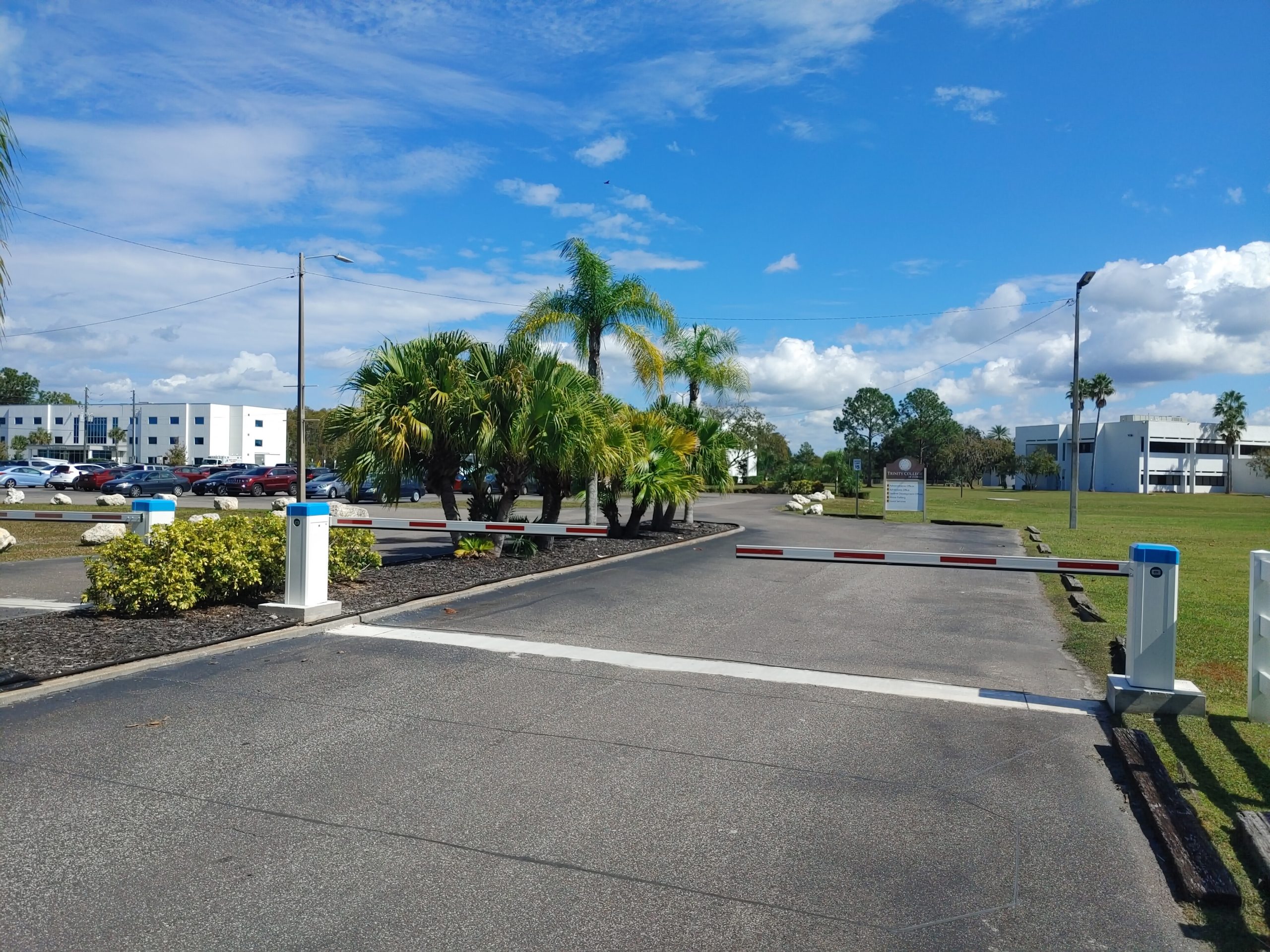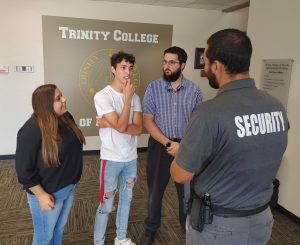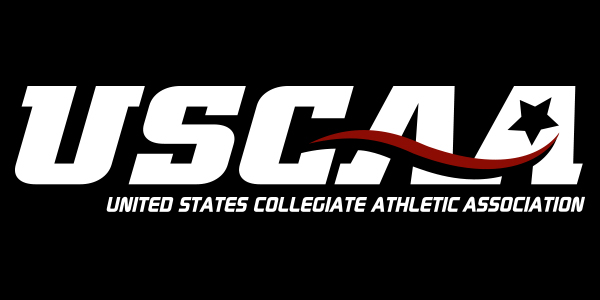Campus Safety Questions
Parents and students should investigate any college they consider for their college safety. As a college administrator and currently a dad of college students, I am aware of the importance of campus safety. Student security must be a top priority for any campus to allow students to focus on college life and learning. US News and World Report published 12 Questions to Ask About Campus Safety. We want to answer these questions to reassure those considering Trinity that it is a safe college.
1. What does the campus security report show?
The Trinity campus security report is located on the department of education website. This link will take you to the site. Once at the site, type in Trinity College of Florida to receive a full report. As a college that receives Title IV funds, the college must report annually any incidents related to student safety. The report shows that Trinity College is a safe campus. As noted in the report, the college has had no institutional crime on campus.
2. What type of public safety department is on campus?
The college is committed to keeping the campus safe. Trinity has a security officer during the day and a safety officer at night. Because we are committed to keeping the college safe, we have partnered with local off-duty sheriff’s department deputies to provide additional security during the night and on weekends. The sheriff’s department deputies have a visible presence enhancing campus safety and security.
3. What crime prevention features are in place campus safety?
The college has a safety and awareness guide and an emergency procedure manual. The safety and awareness guide provides campus safety tips, while the emergency procedure manual offers direction for issues such as fires and natural disasters. In addition, the campus safety and security page on the college website provides critical safety information. Structural security enhancements include key fob access for residential buildings, regular building walkthroughs by security, and gate access to campus property to keep the college safe.
4. What sexual assault education and prevention programs are there?
Since the college is a Title IV institution, it must have a Title IX coordinator. The Title IX coordinator oversees communications about safety from abuse and assault. The college also invites local self-defense experts to train individuals on college safety tips.
5. Has public safety undergone training around bias and mental health issues?
Trinity College of Florida is a diverse campus. Forty-eight percent of the students are of color. While our safety officer is a department of one, the presence of the sheriff’s deputies on campus allows interaction daily at a personal level.
6. How does the school handle drug and alcohol use and abuse?
The college prohibition of both drugs and alcohol use by its students. No alcohol or drugs are allowed on campus. The student handbook outlines the penalties up to expulsion for drug and alcohol use.
7. What counseling services are available?
Trinity College has counseling services available for students, faculty, and staff. The college has a designated counseling room with a discreet entrance so those needing counseling can attend appointments.
8. How does the college handle hazing?
The college has a no-tolerance policy for hazing, as outlined in the student handbook. Students participating in bullying or hazing will come before the discipline committee. Directions on bullying and hazing are part of the public safety and education that takes place on campus.
9. How does the college handle roommate conflict and relocation?
If a student is dissatisfied or in conflict with their roommate, the resident advisor (RA) notifies the student development office. The student development office works with the student and the RA to find a suitable solution for all students involved, including relocation.
10. How will the college communicate in an emergency?
The college has a campus security page for notification of an incident. If the college needs to notify the students, the college uses the Student Information System called Oasis to email and text all students. Any critical notifications for campus physical security, such as weather closures, are also on a banner on the college website.
11. What transportation services are available?
Businesses and housing surround the college. There are many opportunities for eating and shopping within a short walking distance. While no public transportation opportunities are available from the college, students may find rides with other students to local shopping and restaurants. Because the area around Trinity College is a low-crime area, along with the college’s high level of campus safety and security, most feel comfortable walking to the bus stop or local businesses.
12. What additional support services are available?
Trinity College likes to call itself the “family away from family.” The small college atmosphere creates a support circle for students that include not only the counseling center but also faculty and staff that heavily invest in the student’s well-being.
One additional to make a baker’s dozen…
What spiritual conditions for attending assist many of the above questions?
Trinity college vets every student that attends. Each student must submit references to their character and spiritual fervor from pastors and acquaintances. The college checks these references. In addition, admissions personally interview each student to ensure that they align with the college’s mission.
Many ask, “Are colleges responsible for student safety?”
We respond with a resounding, Yes! The college has a responsibility not only for campus safety but also a spiritual responsibility to our students. Yes, we strive to be one of the safest college campuses in America, but we also strive to be a place where students can grow spiritually and intellectually.






Recent Comments